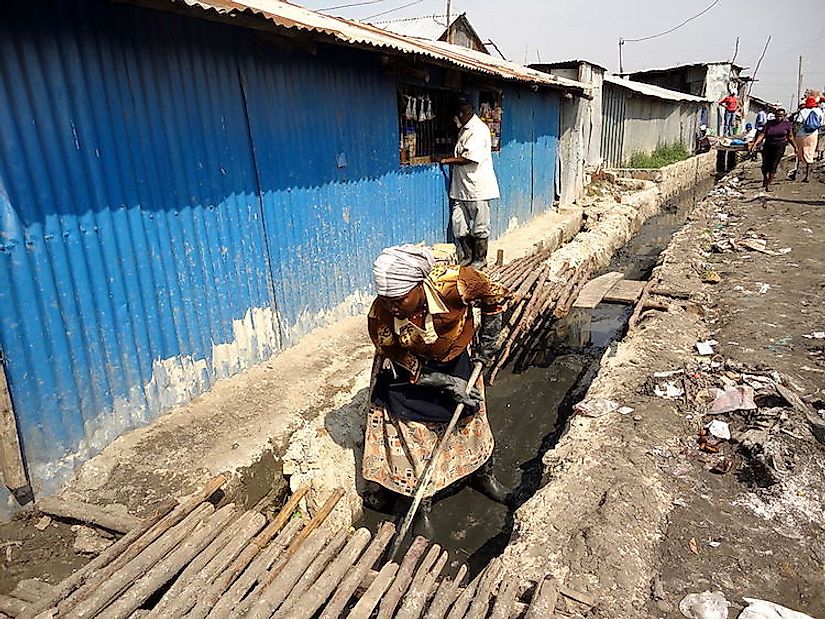Leading Causes Of Death In Africa

Death occurrence in the African continent is mainly due to diseases such as HIV/AIDS, malaria, and respiratory infections. The number of lives claimed by illnesses over the last couple of years has been over a million deaths annually. As a result, average life expectancy for African men is 58 years while for women is 61 years. These average life expectancy figures are the lowest compared to other continents. The leading causes of death in Africa has been accelerated by numerous factors spanning the social, economic and political aspects. Most Africans have been exposed to vulnerable environmental conditions in periods of political instability, resulting in loss of lives.
With better health care and treatment for leading causes of deaths such as HIV/AIDS, the life expectancy has increased in many populations in recent years. However, the high number of deaths has continued to affect the economic and social life of many people. High poverty level has made it difficult to access quality medication and accelerated malnutrition.
HIV/AIDS
More than 1.1 million people were estimated to have died from HIV/AIDS in 2012. This figure includes all AIDS-related illnesses and accounts for about 11.5% of all deaths caused by diseases and infection. According to WHO, the number of deaths had significantly reduced since 2001 by about 22%. Even then, this still represents a huge share of the total number of deaths.
Respiratory Infections
Lower respiratory tract infections such as pneumonia, influenza and bronchitis were a leading cause of death in sub-Saharan Africa especially among children under the age of five. These infectious diseases contributed to at least a million deaths in 2012. Though tuberculosis is among the lower respiratory tract infections, it is categorized separately in the WHO cause of death statistics. It accounted for 2.4% of deaths (230,000 deaths) in sub-Saharan Africa in 2012.
Diarrhea
About 603,000 people died from diarrhea in 2012, accounting for 6.7% of total deaths. Diarrheal diseases are caused by bacteria, viruses, and parasites which lead to dehydration. Most of these diseases are as a result of drinking unsafe water and inadequate sanitation. Children under the age of five are worst affected and likely to die from diarrhea.
Malaria
Malaria is transmitted by mosquitos, the insect vectors of the malarial parasite Plasmodium. It is one of the leading causes of death in Africa, with an estimated 554,000 deaths in 2012. Children under five years of age are highly susceptible to the disease with over 41% of children deaths attributed to malaria alone. Of all the global deaths from malaria, 92% of them were found in Africa. One of the reasons for the high malaria prevalence is because of the tropical climate which provides a good habitat for the breeding of mosquito. Additionally, preventive measures and systems are inadequate to deal with emerging malaria cases.
In Conclusion
Other leading causes of death in Africa include stroke, pre-term birth complications, trauma, heart disease, malnutrition, and meningitis.
Lack of adequate health facilities and sanitation has catapulted the figures in previous years. Also, a majority of the Africans are unable to afford quality health care services leaving them vulnerable to infections and diseases.
The Leading Causes Of Death In The African Continent
| Rank | Cause | Death (in thousands), 2012 |
|---|---|---|
| 1 | HIV/AIDS | 1,088 |
| 2 | Respiratory Infections | 1,039 |
| 3 | Diarrhoea | 603 |
| 4 | Malaria | 554 |
| 5 | Stroke | 437 |
| 6 | Pre-term Birth Complications | 372 |
| 7 | Birth Asphyxia And Trauma | 336 |
| 8 | Ischemic Heart Disease | 312 |
| 9 | Protein-Energy Malnutrition | 284 |
| 10 | Meningitis | 246 |











